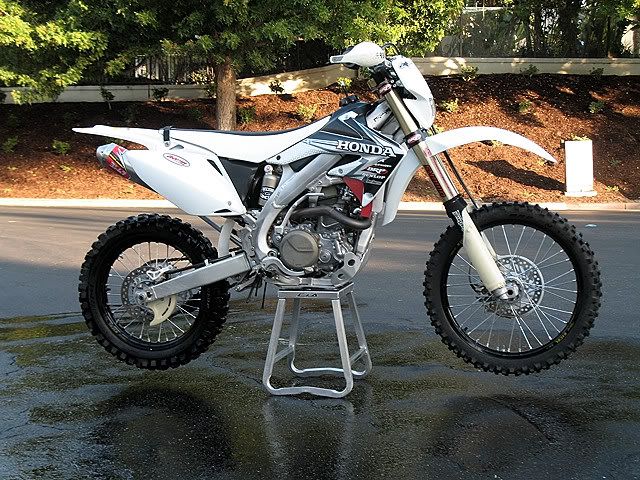While far from conclusive, the excerpt below points out some concerns:
Is Creatine Safe?
Despite the positive gains made by people on creatine, many remain skeptical about the safety of taking the supplement. Dr. William Bryan, the Houston Astros’ team physician, believes the major risk of creatine is dehydration due to water retention in the muscles. Other risks include heat-related illnesses, reduced blood plasma volume, tetanic muscle cramping, muscle strain, and electrolyte imbalance. The Tampa Bay Buccaneers and the Cincinnati Bengals discourage the use of creatine by their players mainly due to the risk of cramping. (
http://www.lsms.org/journal/98creat.html) Dr. Bryan also believes that athletes will exhibit bad nutritional habits while taking creatine. In a survey done of the members of the Association of Professional Team Physicians, eight-five percent of respondents do not endorse the supplement at this time due to lack of knowledge over the long term effects of creatine. (
http://www.mothernature.com/library/boo ... eatine.asp)
One major fear over the use of creatine is kidney disease. Overdoses of creatine can cause stress on the kidneys. The creatine that is not used by the muscles is converted to creatinine and is a waste product. Repeated excesses of creatinine put a lot of stress on the kidneys and can cause problems for the kidneys. (
http://www.absolute-creatine.com/4.htm) A twenty-year old man on twenty grams of creatine a day for nearly a month developed interstitial nephritis, a disease of the kidney. The patient was hospitalized and stopped the use of creatine. After ceasing the intake of creatine, the patient improved dramatically. This provides evidence that the abuse of the supplement can cause great harm to the kidneys. (
http://www.nejm.org/content/1999/0340/0010/0814.asp)
Concerns arose after the stroke of a thirty-three year old man suffered a stroke after taking large amounts of Mahuang extract and creatine monohydrate. Vahedi, Domigo, Amarenco, and Bousser (2000) released a paper over the findings in this case. The man worked out two hours daily at a high intensity level. He consumed nearly 6000 milligrams of creatine daily for six weeks. He awoke one morning in January and suffered a stroke in 1999 (Vahedi et al.). The doctors did not confirm that creatine was the cause as the patient was taking other supplements at the time but it raises the question about the safety of numerous supplements including creatine. One big question that was raised was: is creatine safe when taken with other supplements?
Another fear involves the dehydration and heat-related illnesses that can occur. Three wrestlers died in a very short period of time while using ridiculous methods to “cut weight” for wrestling matches. All three wrestlers were on creatine. Heat stroke was a possible cause of death for these wrestlers since they were training in very warm temperatures. Some argued that the addition of the creatine in their bodies caused their bodies to be put over the limit. Creatine is not proven to be the reason for the death of the three wrestlers but numerous questions were raised because all three consumed the supplement.
Age is another issue in the fight over the safety of creatine. People wonder when it is safe for their child to take creatine. Ronald L. Terjung, professor of physiology in biomedical sciences at the University of Missouri-Columbia, discourages the use of creatine before the age of sixteen due to the lack of knowledge about creatine. “We don’t know the effects, so it’s better to be safe than sorry.” He encourages kids to stick with what is proven, hard work in athletic training. (
http://content.health.msn.com/content/a ... 1676.50653)
You can view the whole thing at:
http://www.vanderbilt.edu/AnS/psycholog ... y.htm#five
joe



